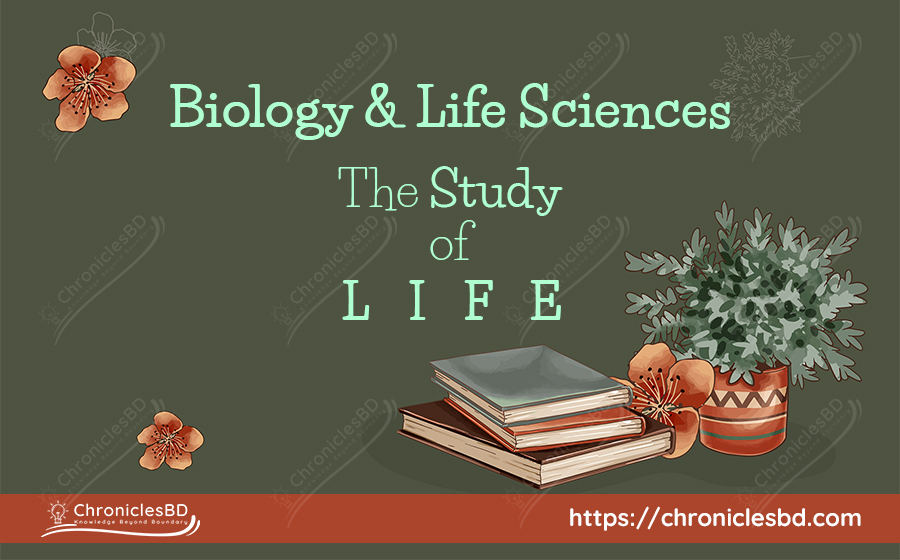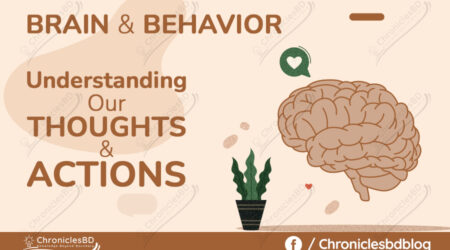Biology and Life Sciences: The Study of Life
Jakaria2023-03-03T01:39:08+06:00Biology is the scientific study of life, including the study of the structure, function, growth, evolution, and distribution of living organisms. Life sciences, which encompasses biology, is a broad field that encompasses the study of all aspects of life, including genetics, evolution, ecology, and physiology.
The study of biology and life sciences is critical to our understanding of the world around us, as it provides insight into the origin, evolution, and diversity of life on Earth. It also helps us to understand the complex systems that sustain life, and how we can protect and preserve these systems for future generations.
The History of Biology and Life Sciences
The study of biology and life sciences has a long and rich history, dating back to the ancient Greeks, who made important contributions to our understanding of anatomy and physiology. In the 16th and 17th centuries, the study of biology was revolutionized by the work of figures such as Galileo Galilei, who made important contributions to our understanding of the anatomy of plants and animals, and the Belgian physician Andreas Vesalius, who made important contributions to the study of anatomy and human physiology.
In the 19th century, the study of biology was further advanced by the work of Charles Darwin, who proposed the theory of evolution by natural selection, which provided a scientific explanation for the diversity of life on Earth. This was followed by the discovery of DNA by James Watson and Francis Crick, which paved the way for the development of modern genetics and the study of the molecular basis of life.
Modern Biology and Life Sciences
Today, the field of biology and life sciences continues to evolve and expand, with new technologies and techniques allowing scientists to delve deeper into the mysteries of life. From the study of the human genome and the development of gene therapy to the exploration of the microbial world and the discovery of new species, the field of biology and life sciences is constantly pushing the boundaries of our understanding of the world around us.
One of the most exciting areas of research in the field of biology and life sciences is the study of genetics and genomics. This field is helping to shed light on the underlying causes of genetic disorders and is providing new insights into the genetic basis of complex diseases such as cancer, heart disease, and mental illness.
Another important area of research in the field of biology and life sciences is the study of ecology and conservation. This field is helping us to understand the relationships between living organisms and their environments and is providing important insights into the ways that we can protect and preserve the world's ecosystems and the species that inhabit them.
The Importance of Biology and Life Sciences
The study of biology and life sciences is critical to our understanding of the world around us and is also essential for solving many of the world's most pressing problems. From the development of new medicines and therapies to the conservation of ecosystems and the protection of endangered species, the field of biology and life sciences is helping to make the world a better place.
In addition, the study of biology and life sciences is also critical for the advancement of other fields, such as agriculture, energy, and technology. For example, the study of plant biology is helping to develop new crops that are more resistant to disease and pests, and the study of animal biology is helping to improve our understanding of animal behavior and improve animal welfare.
Conclusion
In conclusion, the field of biology and life sciences is a rich and exciting field that is constantly advancing our understanding of the world around us. From the discovery of new species and the unraveling of the mysteries of genetics to the exploration of the microbial world and the protection of endangered ecosystems, the field of biology and life sciences is making important.
Share on Socials!
Facebook
Twitter
Telegram
Pinterest
Tumblr
WhatsApp
Email
Post Views: 173








Leave a Reply